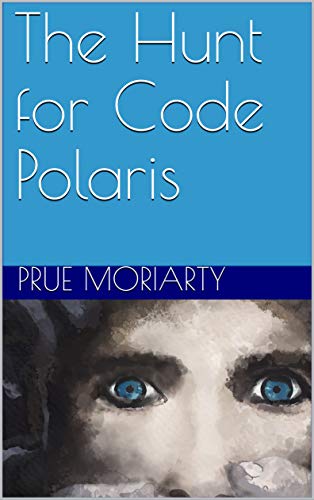Writing about Real People


In mid 2010, Arts Law was contacted by an author who written an autobiographical book about her experience as a victim of domestic abuse. She contacted Arts Law to obtain legal advice outlining the risks of breaching defamation laws due to her use of real life people and events in the book.
Arts Law referred the case to volunteer lawyer Hugh Bennett who works at the ABC’s Legal Service for a pro bono advice session. For the purpose of the Document Review Session, he read the author’s summary and some excerpts from the manuscript she had provided. During the advice session, he asked her a number of questions about her family circumstances and the book and provided clear guidance about defamation and other issues.
The manuscript was dedicated to the author’s children and grandchildren. Hugh explained that there are certain statutory restrictions on identifying children involved in Family Court proceedings or in investigations under the Child Protection Act.
The other risk for the author was defamation. A story of domestic or emotional abuse is likely to communicate defamatory meanings about the perpetrator and there is a risk that it will amount to defamation if the person responsible can be identified from reading the book.
Hugh’s view was that a disclaimer at the beginning of the book stating that it was fiction or noting that it simply contained her views and perspectives would not necessarily protect her in relation to potential legal issues such as defamation.
He suggested the author replace real names with pseudonyms in the book and remove the names of her children from the book.
Given the autobiographical nature of the book, even if marketed as fiction, there remained a risk that readers might still identify the characters in the book as certain people from the author’s life even if their real names were not used. If the book defamed those people then the author might still be able to rely on a defence of truth. For this reason, the author was advised to be careful to use accurate and clear words to describe her experiences, and to try where possible to ensure that the claims in the book could be backed up by provable evidence.
Real life experiences and real people are often the material about which authors wish to write. If a person can be identified from the text, then defamation needs to be considered.
This matter is a good indication of how it is always prudent for artists to seek legal advice where they plan on using real life people and personalities in their work.




